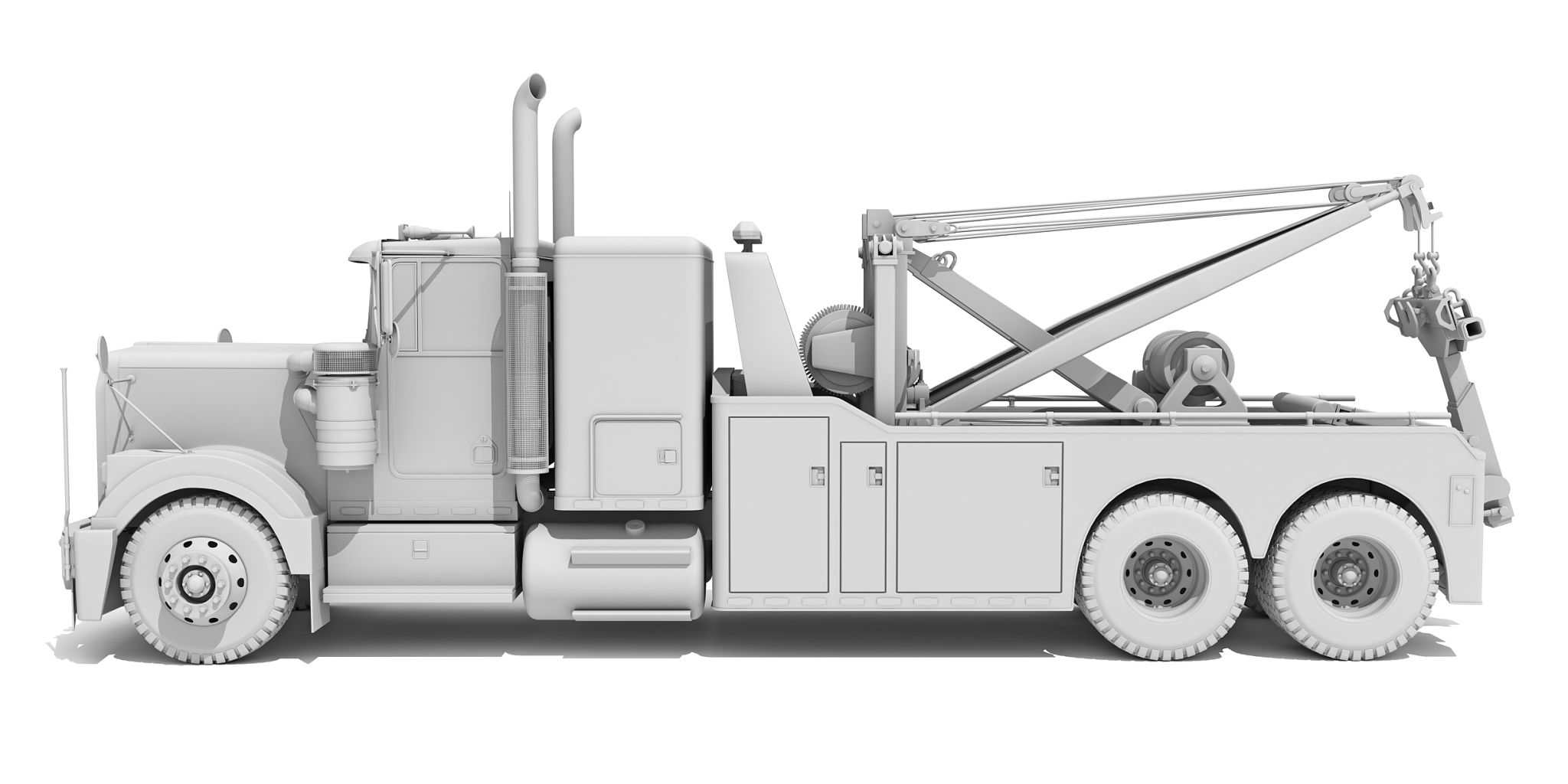How Does a Towing Service Work? Understanding the Process
EO
Introduction to Towing Services
When your vehicle breaks down or is involved in an accident, a towing service can be a lifesaver. These companies provide a crucial service by transporting your vehicle to a repair shop or another desired location. Understanding how a towing service works can help alleviate stress during such situations.

The Initial Call
When you find yourself in need of a towing service, the first step is to contact a trusted provider. Most towing companies offer 24/7 service, ensuring that help is available whenever you need it. During the call, you will be asked for specific details such as your location, the type of vehicle, and the nature of the issue. Providing accurate information can help ensure that the right equipment is dispatched to your location.
Types of Towing Services
Towing services are not one-size-fits-all. Different situations require different types of towing. Here are some common types of towing services:
- Flatbed Towing: Ideal for long-distance towing and transporting high-value vehicles.
- Wheel-Lift Towing: A more affordable option for short-distance towing.
- Hook and Chain Towing: Primarily used for vehicles that are beyond repair.
Arrival and Assessment
Once the towing company arrives on the scene, the driver will assess the situation. This involves checking the vehicle's condition and determining the safest and most efficient way to tow it. The driver will also ensure that the vehicle is securely attached to the tow truck to prevent any further damage during transport.

The Towing Process
After the assessment, the actual towing process begins. Depending on the type of service needed, this might involve using a flatbed, wheel-lift, or another method to secure the vehicle. Safety is paramount during this process, both for the vehicle and other road users, so professional drivers are trained to handle each situation with care.
Destination and Drop-Off
The next step involves transporting your vehicle to your chosen destination. This could be a local repair shop, your home, or another safe location. Most towing companies offer flexibility in drop-off points, allowing you to choose based on your needs and circumstances.

Payment and Insurance
Once your vehicle is safely delivered, payment is typically the final step in the towing process. It's important to inquire about payment options and whether your insurance covers towing services before an emergency arises. Some insurance policies include roadside assistance as part of their coverage, which can significantly reduce out-of-pocket expenses.
Conclusion
Understanding how a towing service works can ease your mind during unexpected vehicle troubles. From making that initial call to securing your vehicle at its destination, each step is designed to provide a smooth and efficient experience. By familiarizing yourself with these processes, you'll be better prepared to handle any roadside emergencies with confidence.